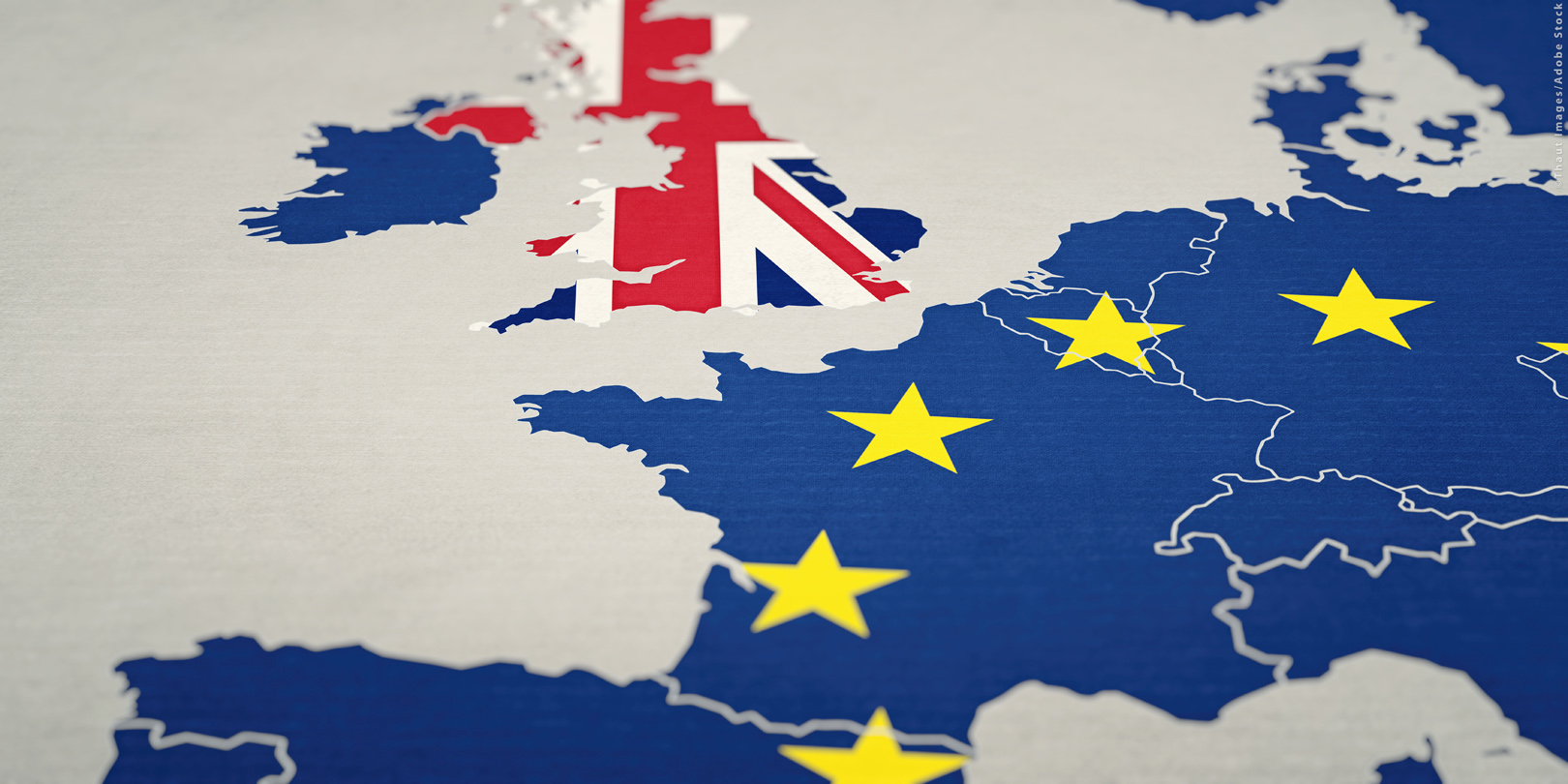RIO DE JANEIRO, BRAZIL – After years of negotiations, the European Union and the United Kingdom finally came to a Brexit deal just days before the end of the transition period.
Both parties signed the agreement on December 30th, 2020.
The Brexit deal covers all aspects of the future relationship between the EU and the UK, including security, trade, and education.

People from outside Europe may now wonder how Brexit will affect how they travel to EU countries and the UK.
However, Brazilian passport holders shouldn’t be concerned; very little has changed due to Brexit. Get more information about traveling between the UK and Europe from 2021.
Read on to find out more about the requirements for visiting Europe after Brexit, plus the impact of the new arrangement on trade, education, security, and more.
Traveling to the UK and Europe after Brexit
Passport holders from Brazil and several other Latin American countries can visit the UK and the Schengen Area short term without applying for a visa; this is not affected by Brexit.
Regarding the UK, visa-free visitors can stay for up to 6 months on holiday or to spend time with family and friends. It is not possible to work in the UK without a visa.
Similarly, Brazilian passport holders can also visit the Schengen Area without applying for a visa.
The total permitted stay, in this case, is 90 days per any 180-day period. Again, the purposes of travel are limited to tourism and business activities.
Even after Brexit, it’s possible to travel between Latin America, the UK, and the EU without a visa as long as all the visa waiver criteria are met.
Visa Waivers for Traveling to Europe and the UK
The European Union will launch ETIAS, the European Travel Information and Authorization System.
The legal procedures to pass the ETIAS started in 2016, and the system is expected to be fully operational in November 2023
Travelers from visa waiver countries, including Brazil, must apply for a new permit before heading to the Schengen Area. ETIAS is not a visa and is not a result of Brexit. The travel authorization will be valid for multiple trips to the Schengen Area and will be valid for 3 years.
The UK also looks set to introduce a similar electronic travel permit. In this case, travelers will need 2 authorizations before heading to Europe, one to enter the UK and another to enter the Schengen Area.
However, it is worth pointing out that this is not a result of the Brexit deal.
Even before the separation, the United Kingdom did not form part of the Schengen Area and had its own visa policy.
How Brexit will Affect Travel within Europe
The EU-UK deal affects travel but only for British and EU citizens and residents. The first major difference is how long UK passport holders can stay in a European country.
Now that the United Kingdom has left the EU its citizens are third-country nationals, just like Brazilians. Freedom of movement has come to an end and Brits will only be able to stay in an EU country for a maximum of 90 days per 180-day period without a visa.
UK passport holders will also need to apply for an ETIAS permit once the new travel authorization becomes available.
Other rules are also changing, including regarding pet passports, travel health insurance, and roaming charges. British passport holders need to check all the requirements in detail before their first post-Brexit trip to an EU destination.
Trade after Brexit
The new deal shapes the trading relationship between the EU and the UK after Brexit. The agreement states that there will be no tariffs on goods and no limits on the amount that can be traded.
This relieved many who had feared price rises if the two sides had failed to reach a deal.
However, there are some new procedures at ports with the introduction of safety checks and customs declarations. For this reason, businesses must adapt to the new protocol.
The British government has been negotiating deals with other third countries after Brexit. The UK has reached agreements with Brazil on financial services, taxation, and sustainable growth.
Security and Data Sharing
The UK no longer forms part of Europol, Eurojust, or the European Arrest Warrant. Significantly, UK authorities no longer have access to the Schengen Information System (SIS2) that contains important criminal record information, DNA, and fingerprint data.
Although the UK has lost direct access to the security information held in these systems, cooperation between the UK and the EU has been assured. The UK should be able to gain access to information on request, good news overall for international security.
Fishing and Access to UK Waters
Anyone who has been following the Brexit negotiations will have heard a lot of talk about fishing. Fishing was a problematic part of the deal and the last part to get sorted out. The final agreement states that the UK will gain an increasing share of the fish from British waters over the next five years.
After this 5-year period, in 2026, the UK could choose to block the EU’s access to UK waters however the European Union could then reintroduce taxes on UK fish in response.
Overseas Educational Opportunities
Another significant part of the deal concerns education. The main difference following Brexit is that the UK no longer participates in the Erasmus exchange program. Erasmus is an EU scheme allowing students to go to other European countries to study.
The UK government has announced that a new program will be launched to replace it.
The Turing Scheme, named after British mathematician Alan Turing, will provide funding for UK students to study at universities worldwide and not just in Europe.

